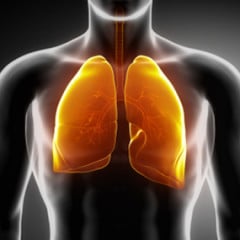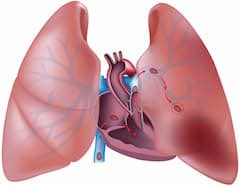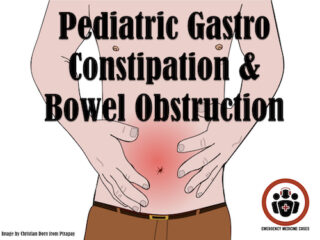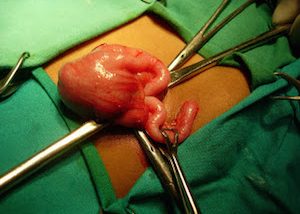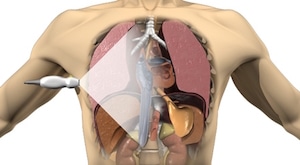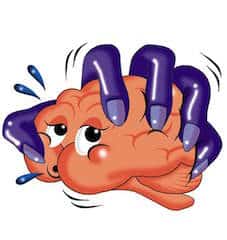EM Cases Main Episodes are round table in-depth discussions with 2 or more EM Cases guest experts, inherently peer reviewed, and edited for a podcast.
Episode 24: COPD and Pneumonia
In this episode we have the continuation of our discussion on Respiratory Emergencies with Dr. Anil Chopra and Dr. John Foote. We discuss key clinical decisions in COPD assessment and management - how to assess for impending respiratory failure, how best to oxygenate the COPD patient, medication pearls and how best to approach intubating the COPD patient. We then review an approach to hemoptysis as well as tricks of the trade for managing massive hemoptysis. Many pearls of pneumonia work-up and management are detailed as well as how to make important disposition decisions.

